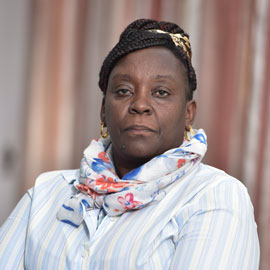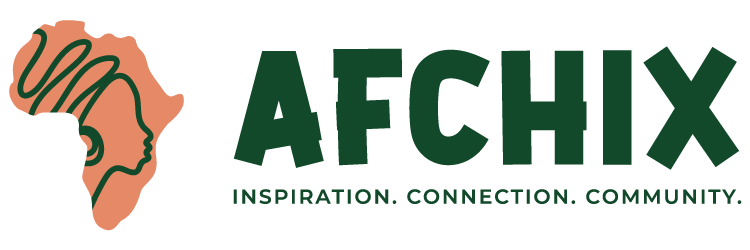by Vymala Thuron and Mari Blumenthal
The next phase of a project previously championed by Lanet-Umoja’s well-known “Tweeting Chief, the late Francis Kariuki, will soon see this rural community connecting an increasing number of paying subscribers to the internet through a network managed from within its own ranks.
As one of the winners in the third round of the WomenConnect Challenge, funded by the United States Agency for International Development (USAID), AfChix is expanding the community network it has previously established in Lanet-Umoja. WomenConnect is a global call for solutions to improve women’s participation in everyday life by meaningfully changing the ways women access and use technology.
As a winner in the first round of the Challenge in 2018, AfChix reached out to Chief Kariuki, by then well-known for using Twitter to communicate with his community on especially safety matters, to gain local support to install communications infrastructure in Lanet-Umoja. The project has since connected seven schools in the area to the internet, trained women leaders on using the internet for business, and offered vital training to the community to maintain the network and develop a sustainable business model to manage it.
Irene Misoi, the Project Coordinator, says the project aims to connect underserved communities in Kenya to the internet through a model that is sustainable over the long term. “We developed a billing system using Mpesa to allow subscribers to sign up to the network and pay for connectivity to ensure that the community can generate to pay for bandwidth and equipment and to maintain and expand the network. Over the next 18 months, we plan to help the trained community leaders to expand the subscriber base to over 1000, as well as to set up an ICT centre to serve Lanet-Umoja and neighbouring communities.”

Misoi says the COVID-19 pandemic has also made the need to close the digital gender divide, which refers to the global phenomenon that women are less likely than men to be able to access and use digital technology, even more urgent. A World Bank survey among firms in 18 countries in sub-Saharan Africa showed that 22% of respondents either started or increased their use of digital platforms, social media, and the internet in response to the pandemic.
“As a result, African women could increasingly be left out from accessing education, financial services, work opportunities and information that could enhance their lives. This project hopes to help to address this by providing women with digital skills and the opportunity to interact with technology in a safe space, enabling them to benefit from the services and economic opportunities of this new digital era, ” she concludes.

